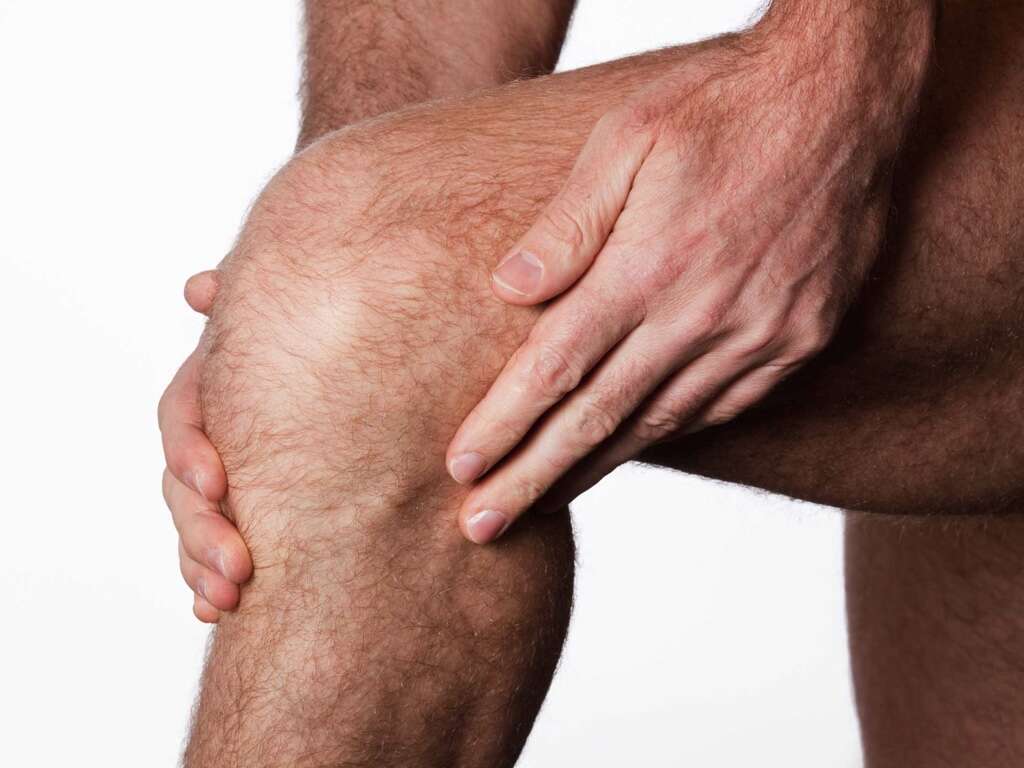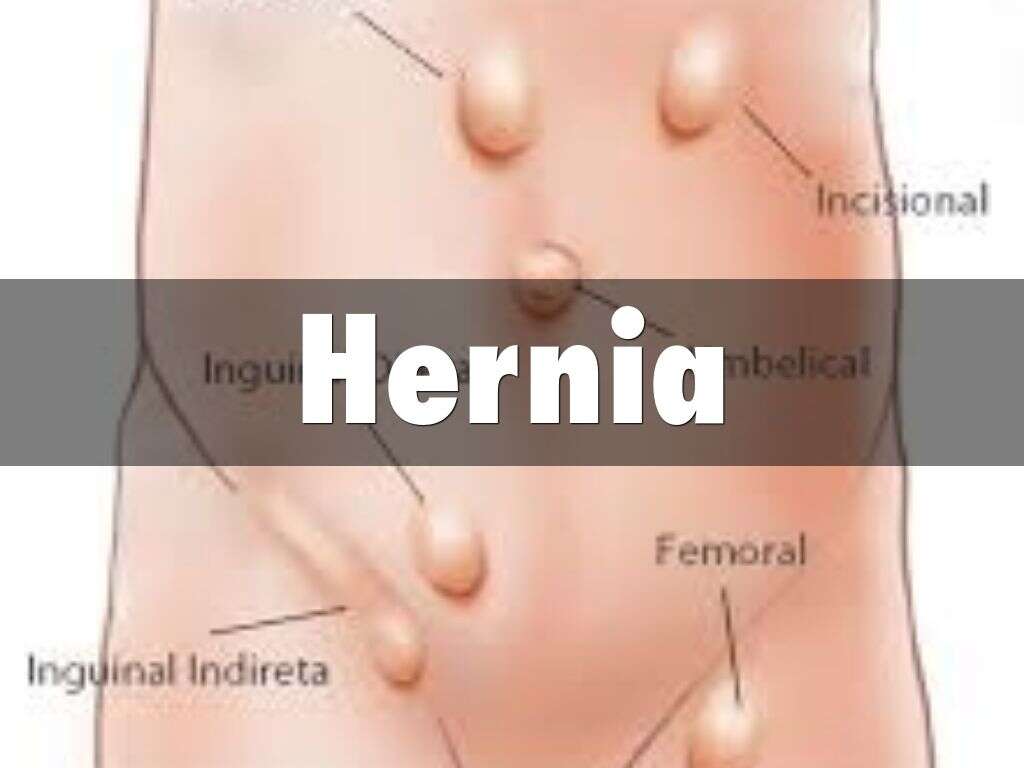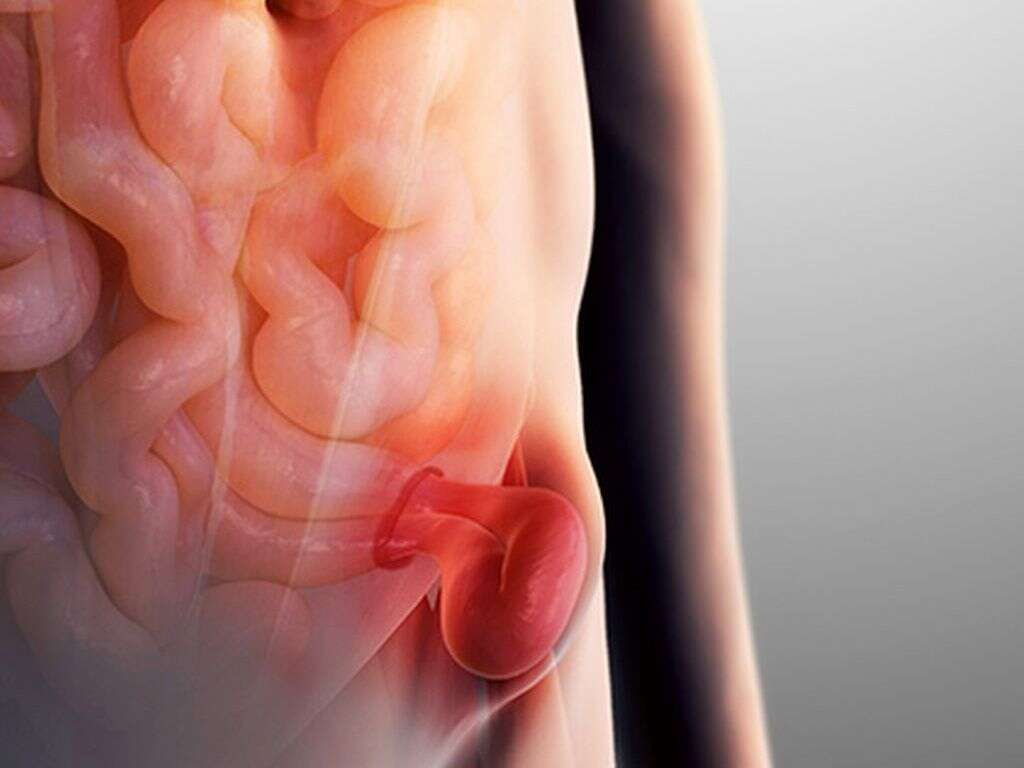What Does a Hernia Feel Like?
When it comes to focusing on your health, some issues can seem more pressing than others. A hernia, for example, is a very common ailment that can afflict people of all ages. Unfortunately, many people are unaware of how to identify a hernia when it appears. A hernia occurs when internal tissue from the digestive system begins to protrude outward until it pushes against weaker points on the abdominal muscles. This can result in a physical bulge that is easy to notice on the external side of the skin.
The most common area for a hernia to break through is the abdomen, but some can appear in the thighs and pubic area. While the sudden bulge might be alarming, it is important to remember that a hernia is not immediately dangerous to your health. Though it is definitely important to address with a medical professional in some circumstances, you’ll be able to best care for yourself by learning more about this condition and how it is treated.
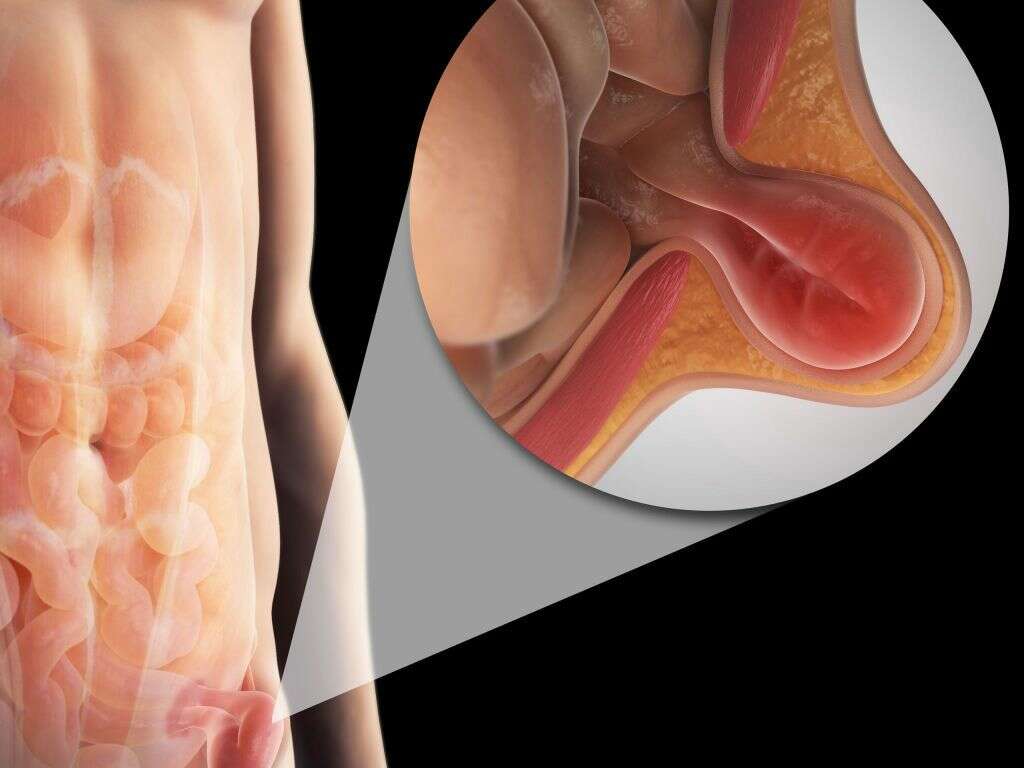
1. Common Hernia Symptoms
The most obvious indication you’re dealing with a hernia is a protruding lump coming from the abdomen, thigh, or pubic area. For some, the bulge is most apparent when the individual is standing upright. It is also possible that the hernia will vanish whenever the person lays down on his or her back. In a majority of cases, the bulge itself is followed by an intense burning or aching sensation in the afflicted area. A hernia also produces a lot of pain in an individual when he or she is bending down or coughing.
For men, there are additional symptoms of which to stay aware. An inguinal hernia can cause a “dragging” feeling in the groin that seems to add uncomfortable weight to the pubic area. A number of men also report swelling around the testicles, especially when the hernia has grown or moved toward the scrotum.

2. Hernia Symptoms in Children
Though many of the symptoms of a hernia are the same for children as adults, there are also a few key distinctions to note. For most adults, the hernia is caused by abdominal muscles that have been weakened over the course of one’s life. In children, it usually results from muscles that were weak at birth. This means newborns and young children alike are susceptible to hernias. Depending on the child’s age, a hernia might be most apparent when the little one is crying, coughing, or attempting to go to the bathroom.
While a small protrusion is an obvious sign of a hernia in a child, mood swings may also be a strong indication. When your little one is much more irritable than normal and has a lump in the abdomen, it is time to visit a pediatrician and have the condition looked at by an expert.

3. Hernia Warning Signs
For a number of adults, the simple solution to a hernia is pushing the bulge back into the abdomen. While this is a fine solution for the most part, there are specific hernias that cannot be treated in such a straightforward way. In fact, specific warning signs might help you understand whether or not the hernia has been strangulated. A strangulated hernia is one that becomes trapped in the abdominal wall and cuts off the blood flow to the tissue that is being pushed outward. If untreated, a strangulated hernia can be very dangerous.
Common signs of a strangulated hernia include nausea and vomiting in addition to the standard hernia indications. Someone dealing with this condition is also likely to have a fever, as well as sudden gut pains that intensify quickly. The hernia itself will also take on a purple or red hue when it has become strangulated.

4. Common Causes of Hernia
Though a very common ailment, it isn’t always easy to understand what causes a hernia in adults. For a number of adults, this type of hernia develops later in life because the muscles in the abdomen have deteriorated from the ravages of time. Those who engage in intense physical activity or have the habit of smoking might also be more susceptible to hernias due to the pressure placed on the abs from these actions. Any period of time where the abdomen receives more pressure than usual may lead to a hernia.
Additional causes of a hernia can include intense fits of coughing or sneezing from allergies, smoking, or environmental irritants. Straining during a bowel movement is another common way to push a hernia outward. Many pregnant women can be at risk for hernias while carrying a child, and speaking to an OB/GYN can clarify what steps to take to limit the odds of this happening.

5. Risk Factors for Hernia
Though an inguinal hernia can impact anyone’s life, some people are more susceptible to the condition than others. According to research, you are most likely to develop a hernia if you are a Caucasian male of a certain age. You are also more likely to experience this condition if you have a history of it in your family. While men are at risk in general, pregnant women should also take note. Pregnancy weakens the muscles of the abdomen and creates conditions where developing a hernia from slight physical strain is likely.
If you’re living with a chronic illness like constipation, you are also more likely to experience an inguinal hernia. Smokers and those with sensitive respiratory systems tend to cough a lot and place pressure on the gut, which can also be a big factor when it comes to developing a hernia when you are a certain age.

6. Common Issues With Hernia
For the most part, an inguinal hernia is not a life-threatening condition. Still, there are a number of situations where a common hernia can prove problematic. It is not unusual for a hernia to grow over the course of time. For many men, this causes the hernia to push into the scrotal area and cause more complicated issues with urination. Additionally, when the hernia becomes trapped within the weakened area of the muscles it is pushing through, it can lead to a stangulated hernia that makes it impossible to pass gas or have healthy bowel movements.
As mentioned, the most dangerous condition that can develop is a strangulated hernia. Should you experience fever, nausea, and extreme pain with a hernia, it is a strong indication the hernia is strangulated and you should visit with a doctor.
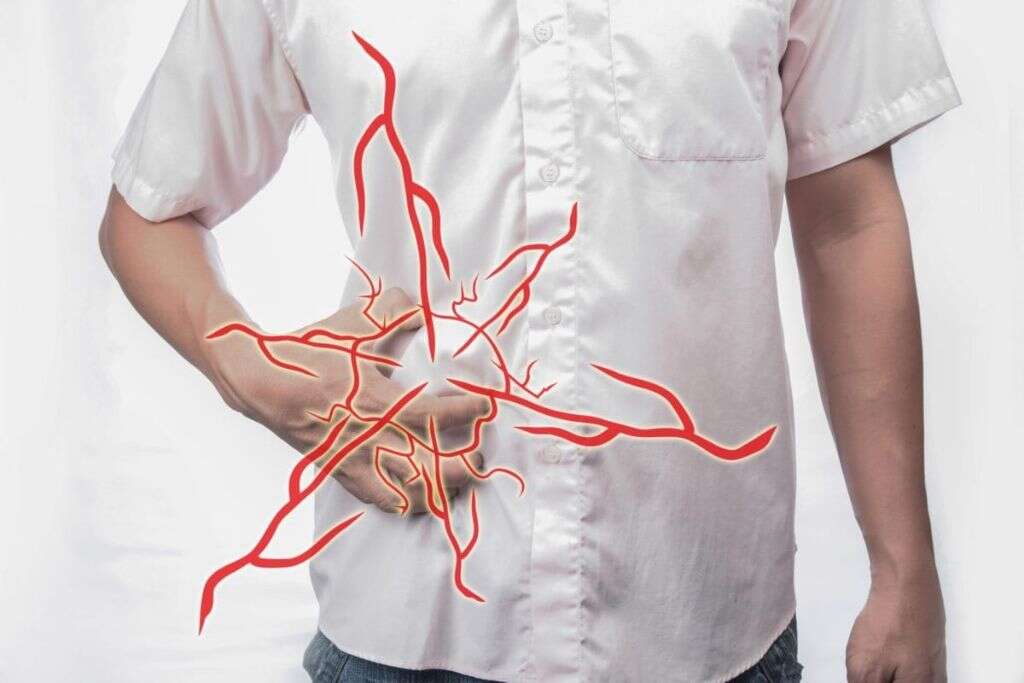
7. Lowering the Risk of a Hernia
At the end of the day, some people are very likely to develop a hernia due to genetics, age, and lifestyle habits. If you have weakened abdominal muscles from birth, for example, it can be difficult to lower your risk factors for a hernia. However, some steps might be able to put you in a better position for the future. Maintaining a healthy weight helps take some of the pressure off your gut and reduces the odds of a hernia. Similarly, the decision to stop smoking makes it less likely a coughing fit will cause a hernia.
Lifting heavy objects is the easiest way to develop a hernia. If you’re at risk, reduce how often you lift heavy items and try to avoid bending down to pick up anything from the ground.

8. Hiatal Hernia
The most common form of a hernia is an inguinal hernia, but it is not the only injury to stay aware of. A hiatal hernia is a condition where the upper part of the stomach pushes upward into the diaphragm. As with inguinal hernias, this is typically caused in older individuals who have weakened muscles from age. Signs of a hiatal hernia include heartburn that gets worse when you’re laying down, uncontrollable belching, and chest pain. Though the exact cause of a hiatal hernia is still debated, it can be more serious than inguinal hernias.
Just as with an inguinal hernia, a hiatal hernia can become strangulated. When this occurs, you want to visit with your primary care physician right away to get a better feel for what you’re dealing with and how to resolve the issue.

9. Seeing Your Doctor
An untreated hernia is not going to go away all by itself. While you can push the bulge back into your abs in some cases, this is the equivalent of bandaging the wound and it will repeat until it has been resolved. The moment you realize you’re dealing with a hernia, whether safe or strangulated, you want to go to the doctor and get a more in-depth understanding of what you are dealing with and how to properly have it treated. The most common way to treat a hernia is through surgery.
Reducing the impact of hernia symptoms comes down to changing your lifestyle. If you are overweight or a smoker, you need to make adjustments to how you live your life in order to improve the situation and reduce the odds of another hernia developing down the line.

10. Foods To Improve Hernia
As with any medical condition, what you eat and drink plays a big part in how you feel at the end of the day. While there is not a secret superfood that can get rid of your hernia, adjusting your diet can make a big difference. Experts suggest including fruits, legumes, and whole grains into your diet when dealing with a hernia. Foods that are high in fiber can take a lot of pressure off of the digestive system and make it easier to have bowel movements, reducing the odds of exacerbating a hernia.
There are many ways to approach a hernia. As long as you visit your doctor and make the right lifestyle changes, you have better odds of getting through this condition with the least discomfort possible.





